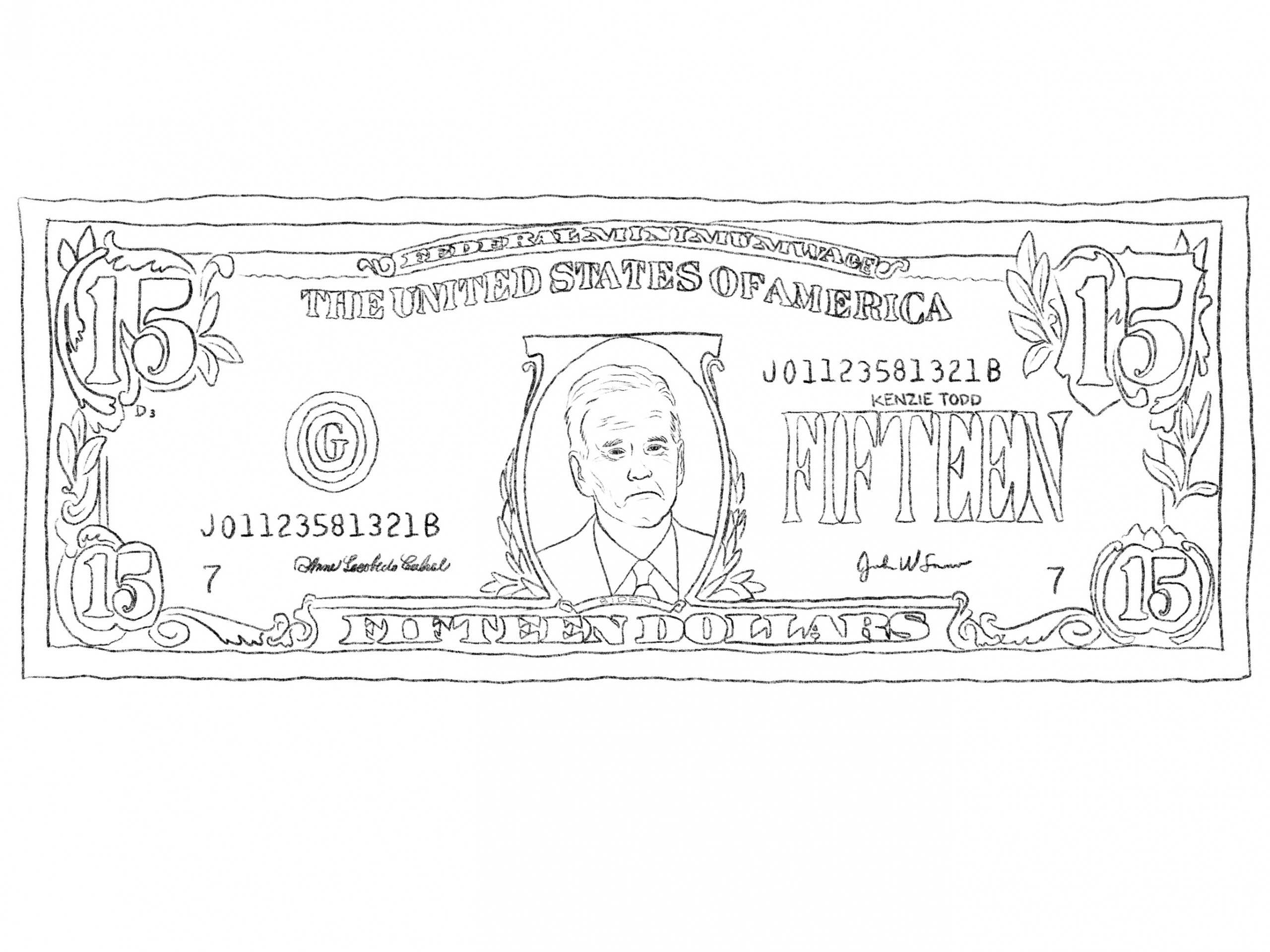
There once was a farmer who owned a herd of dairy cows. He had the financially savvy idea that he could simply feed his cows less and sell the more profitable skimmed milk. His cows grew thin, his wallet fattened and the farmer grew accustomed to feeding his cows very little — so accustomed, in fact, that he sold his land and reduced his fields until he only had the wheat left over to feed the cows his newly defined “minimum.” Naturally, the cows became malnourished, and the local inspector demanded that he feed his cows fairly. It might hurt his business, but it is simply the right thing to do.
Our farmer has built his business upon the suffering of the cows, and his short-sightedness means he can no longer operate it. Sound familiar? The farmer is at fault for his own situation, but it’s becoming increasingly clear that the American way is not to dig in and work to fix the problem. Rather, it is much more efficient to blame the cattle, spend the money for the hay on lobbying politicians and continue exploiting the cows until they drop dead to the floor of the barn.
President Joe Biden’s administration proposing to increase the minimum wage is going to hurt the economy, and those who will be hurt most by it, the workers already in a toxic relationship with capitalism, are being blamed for it. It is not the fault of the farmer’s cows that they have a right to life. It is not the fault of America’s workers that they have a human right to life, liberty and the pursuit of happiness.
This prevailing argument, that a wage increase this drastic will hurt the economy, depends on your definition of pain. To the ruling class, the largest corporations, this hurt appears like a grievous wound, the capitalist machine hemorrhaging the facade of greatness. In reality, the hurt we will feel is the strain on the muscles of our workforce. Our understanding of human value will tighten, stretch and regrow anew, stronger and more sustainable because it is more fair to those who have built it: the workers.
Addressing income inequality is an eventuality of our time. We should start now — key word being start — with an increased minimum wage, but the fight for well-compensated workers will be an ongoing one. Biden’s COVID-19 relief proposal is slated to be chewed apart by the polarized meat grinder of the legislative branch, and it is more than likely that our farmer from the beginning will be allowed to continue underfeeding his cattle. The claim that wholesale wage growth will hurt the economy is a manufactured consequence of putting off the minimum wage, to the benefit of the ruling class, and it is essential to understand that this argument is not in the long-term interest of American workers.
America is already nursing wounds from a global pandemic and climate disasters. We must intend to emerge from this pandemic with an economy that compensates workers fairly and reigns in the largest corporations. It will be a brutal gauntlet but one that starts with a fair minimum wage.
Justin Vorndran ’23 is from
Osceola, WI.
His major is English.


